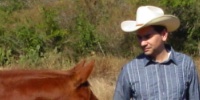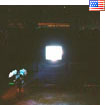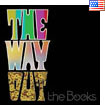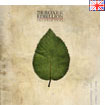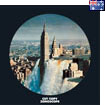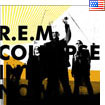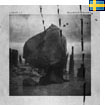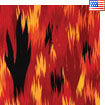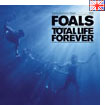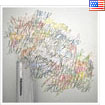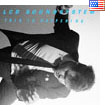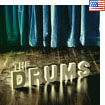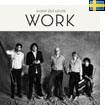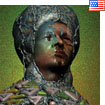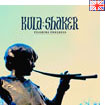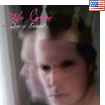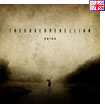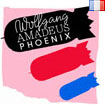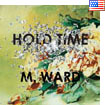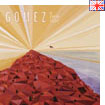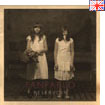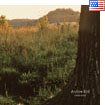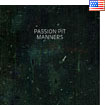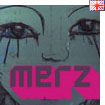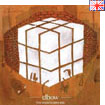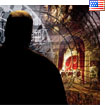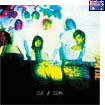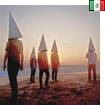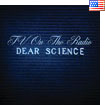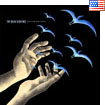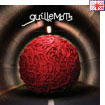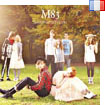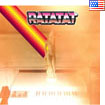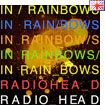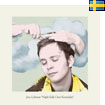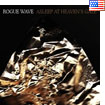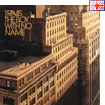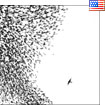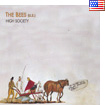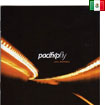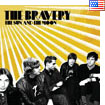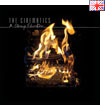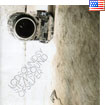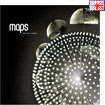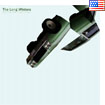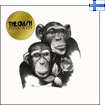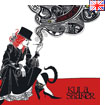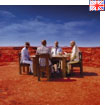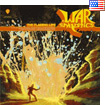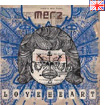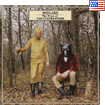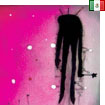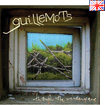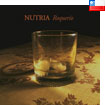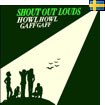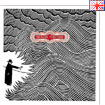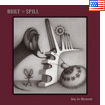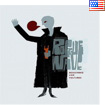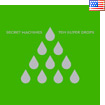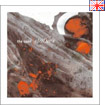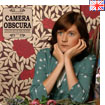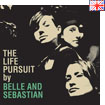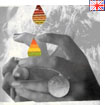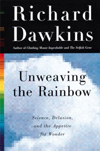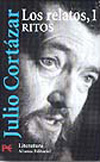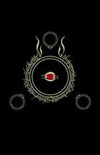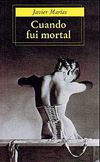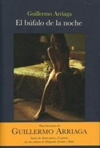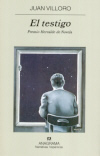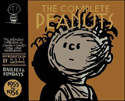Monday, May 21, 2007
And this is why I'm an agnostic
Siempre he tenido una vena de científico; de niño me gustaba leer libros de astronomía y de adolescente me volví un programador bastante bueno sin tener siquiera acceso a una computadora. Poco después de haber entrado a la universidad desarrollé un programa que resolvía ecuaciones diferenciales multi-variables utilizando técnicas de estructuras de datos avanzadas mucho antes de llegar a los cursos en los que se enseñaban esos conceptos. La vida y la falta de disciplina me han alejado de mis intereses científicos, reduciéndolos a la ocasional lectura breve de algún libro de Carl Sagan o Richard Dawkins (lo cual probablemente ni siquiera cualifica.) Sagan es uno de mis héroes personales, alguien que logró mucho en varias disciplinas que además tenía facilidad con las palabras y un genuino deseo de comunicar y compartir. Nunca olvidaré aquel domingo por la mañana, de adolescente, que estaba manualmente cambiando de canales en una tele vieja en blanco y negro y aleatoriamente caí en el canal 12, y vi mi primer episodio de "Cosmos", "La armonía de los mundos", aquel en el que Johannes Kepler y Tycho Brahe discuten acerca de la verdadera forma de las órbitas planetarias. Leí unos 3 libros de Sagan después de eso, pero hay uno que he estado cargando por alrededor de 10 años y al que nunca he llegado. Es uno de los últimos que escribió antes de morir (en el '95, me parece), "El Mundo y Sus Demonios: La ciencia como una luz en la oscuridad", y no puedo evitar pensar que cada año que pasa la premisa que encierra ese título se vuelve más elocuente y urgente. En fin, que es uno de los 5 libros que me he traído al departamento nuevo (los otros 4 son de naturaleza mucho más práctica) y he estado leyendo unas cuantas páginas antes de ir a dormir cada noche. No muy avanzado el libro, dice (cito de la versión traducida...) | I've always had this scientist vein in me; as a kid I liked to read astronomy books and as a teenager I became a pretty good programmer without even having access to a computer. In early college I developed a program that solved multi-variable differential equations using advanced data structure techniques long before I reached the courses where those concepts were taught. Life and a lack of discipline has pulled me away from my scientific interests, reducing it to the occasional brief reading of a Carl Sagan or Richard Dawkins book (which probably don't even qualify.) Sagan is one of my personal heroes, a grand achiever in many disciplines who was additionally graced with a gift for words and a genuine desire to communicate and share. I'll never forget the Sunday morning, as a teenager, I was manually changing channels on an old black and white TV and randomly landed on channel 12, and I saw my first "Cosmos" episode, "Harmony of the Worlds", the one where Johannes Kepler and Tycho Brahe square off over the actual shape of planets' orbits. I read 3 or so of Sagan's books after that, but there's one I've been carrying around for about 10 years or so and have never gotten to. It's one of the last ones he wrote before passing away (in '95, I think), "The Demon-Haunted World: Science as a Candle in the Dark", and I can't help but think that every year that goes by the premise encompassed by that title becomes more compelling and urgent. So anyway, it's one of the 5 books I've brought with me to my new apartment (the other 4 are of a much more practical nature) and I've been reading a few pages at a time each night before I go to sleep. Not too far into the book, he says (and this is me translating the Spanish version back into English...) | |
| " [...] Se dice que las Escrituras son de inspiración divina, una frase con muchos significados. Pero, ¿y si han sido fabricadas simplemente por humanos falibles? Se da testimonio de milagros, pero, ¿y si en lugar de eso son una mezcla de charlatanería, estados de conciencia poco familiares, malas interpretaciones de fenómenos naturales y enfermedades mentales? No me parece que ninguna religión contemporánea y ninguna creencia de la 'Nueva Era' tenga en cuenta suficientemente la grandeza, magnificencia, sutileza y complicación del universo revelado por la ciencia. El hecho de que en las Escritures se hallen prefigurados tan pocos descubrimientos de la ciencia moderna aporta mayores dudas en mi mente sobre la insiración divina. | " [...] It is said that the Scriptures are of divine inspiration, a phrase with many meanings. But, what if they were simply fabricated by flawed humans? There are testimonies of miralcles, but what if instead of that they are just a mix of charlatanry, little known states of consciousness, misinterpretations of natural phenomena and mental illnesses? I don't believe any contemporary religion or 'New Age' belief adequately acknowledges the grandeur, magnificence, subtlety and complication of the universe revealed by science. The fact that the Scriptures foreshadow so few of modern science's discoveries only increases my doubts regarding divine inspiration. | |
| Pero, sin duda, podría estar equivocado." | But, without a doubt, I could be wrong." |
Labels: Books, Personal, Sagan, Science
Comments:
Post a Comment


